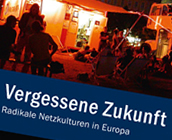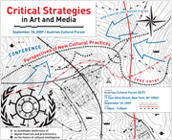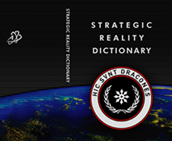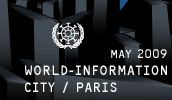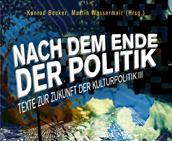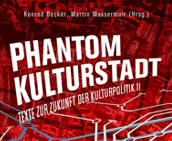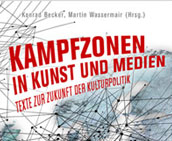Phantom Kulturstadt
Konrad Becker, Martin Wassermair (Hrsg.)
Löcker Verlag (2009).
ISBN 978-3-85409-506-4
http://www.amazon.de
The supposed rise of the "creative class" has dominated the debate about socio-economic structural changes in western information societies for years. The discussions range from hysteria about Creative Industries as well as half-hearted social democratic attempts to confront changes in the value creation chain in the socio-cultural realm, to the highly conservative varieties of cultural industries and a blending with high-tech industrial monopolies. But theoretical arguments as well as basic research often appear to be rather poor.
The urban realities of our society are inevitably influenced by the conception and ideology of these structural cognitive industries of culture and the media. Not only does their influence on everyday lives concern labor relations, but it materializes in the stratification of urban space and also exerts hegemonic dominance over informal education and views of the world.
In the age of globalization, critical reflection is needed more than ever. This second volume of "Texts about Future Cultural Politics" tries to trace the phantom of the "cultural city" in the 21st century by paying particular attention to the worldwide web of cities, their urban development and reconfigurations.
Konrad Becker, Martin Wassermair (Hg.)
With articles by Clemens Apprich, Roland Atzmüller, Konrad Becker, Ljubomir Bratic, Boris Buden, Stefanie Carp, Ewen Chadronet, Mike Davis, Andrea Ellmeier, Kathrin Fessler, Christian Höller, Therese Kaufmann, Christoph Laimer, Katharina Ludwig, Siegfried Mattl, Elisabeth Mayerhofer, Monika Mokre, Merjin Oudenampsen, Matteo Pasquinelli, Peter Rantasa, Klaus Schönberger, Felix Stalder, Hito Steyerl, Jan Tabor, Markus Wailand, Tom Waibel, Martin Wassermair, Beat Weber, Rainer Zendron

